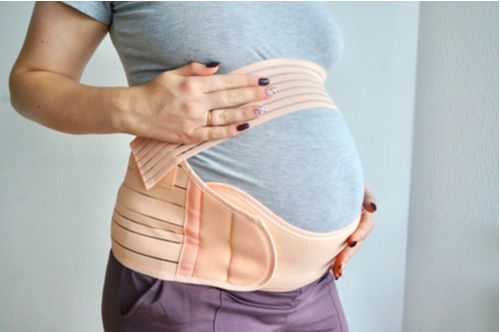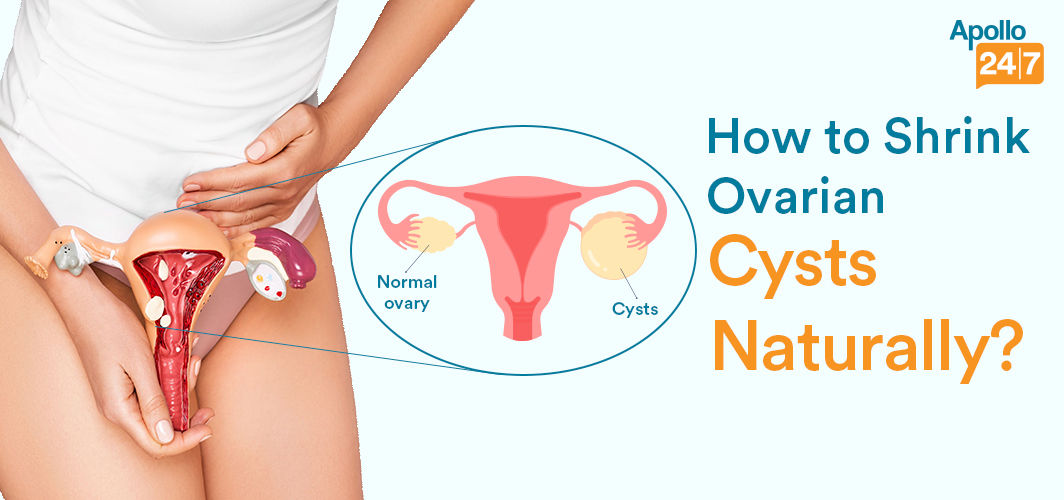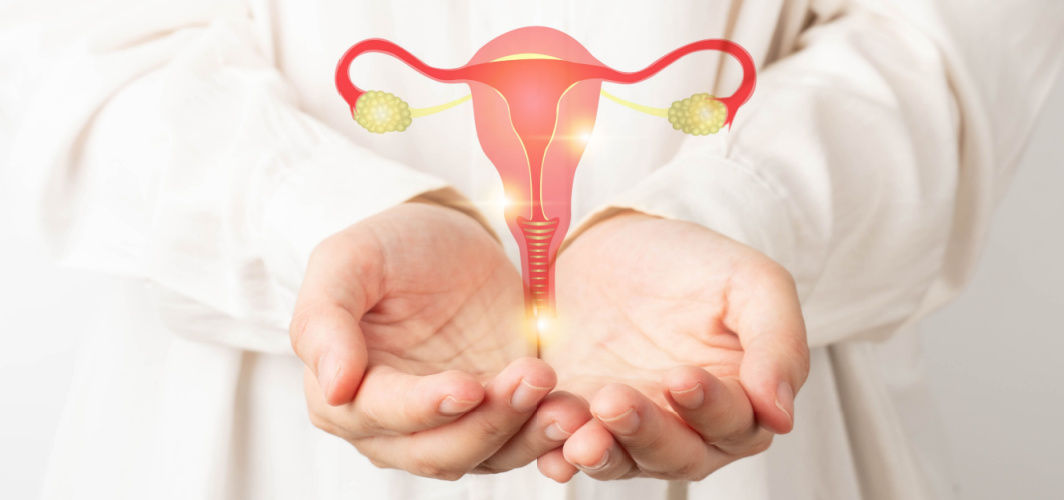Women's Wellness
Pregnancy Tips: 11 Commonly Asked Questions Answered!
4 min read
By Apollo 24|7, Published on - 26 April 2022, Updated on - 22 May 2024
Share this article
0
0 like

Pregnancy can be exciting yet overwhelming for most women as their body undergoes numerous changes to fulfil the needs of the growing baby. It is also believed to be one of the most worrisome times, especially for first-time mothers, who tend to have a lot of concerns regarding the well being of their baby. In this blog, we have addressed 11 most frequently asked questions by expecting mothers.
1. How to deal with morning sickness?
It is normal to experience nausea and vomiting during the first trimester of pregnancy. Sniffing some fresh scents, eating light meals, drinking plenty of fresh juices, taking prenatal vitamins, and resting adequately can help in dealing with morning sickness. However, consult your doctor if the sickness persists even after trying all the aforementioned measures.
2. Can pain-relieving creams and gels be applied for backache during pregnancy?
Since the use of pain-relieving creams and gels during pregnancy has not been studied thoroughly, their use is not recommended. It is advised to avoid the use of creams or rub gels containing diclofenac. However, one can try heat or cold massage, use warm water bags, wear comfortable footwear, and use a support pillow in bed to ease back pain.
3. Is it safe to have sex during pregnancy?
Most sexual activities are safe for the mother and foetus during a healthy pregnancy. However, women with a history of miscarriage, pre-term labour, placenta previa or incompetent cervix must consult their doctor beforehand.
4. Do pregnancy belts help ease lower back pain?
Pregnancy belts or belly bands are worn during pregnancy may help support the lower back and abdomen region while walking or driving, thereby relieving back pain during and post-pregnancy. However, discontinue the use of the belly band if you feel uncomfortable.

5. Can women take tea or coffee during or post-pregnancy?
Yes, pregnant women can take tea or coffee but within permissible limits as caffeine and polyphenols are known to cross the placental barrier and affect the unborn child. Two cups of tea or 1 cup of coffee are considered safe during pregnancy and breastfeeding.
Recommended read: Foods best avoided or limited during pregnancy
6. What medicines should I avoid if I am pregnant or nursing my newborn?
Pregnant women must avoid medicines such as painkillers, antibiotics, anti-histamines, and hormonal medicines such as oestrogen. One must consult their doctor before consuming any medicine during pregnancy and while breastfeeding.
7. Can I get X-rays and CT scans during pregnancy?
Pregnant women should avoid getting X-rays and CT scans unless extremely necessary as the radiations used in the procedures can cross the placental barrier and affect the development of the baby.
8. What can I do for stretch marks during pregnancy?
A research by BMC reveals around 90% of pregnant women develop stretch marks. Women should have plenty of water and moisturize their skin twice a day to reduce the risk. Boric acid or glycerin-based creams & lotions can also be used in case of dry skin. A patch test must be done before using any new product.

9. Does eating sugary and processed food items harm the unborn child?
Consuming excess sugar during pregnancy can increase the risk of gestational diabetes. Therefore, pregnant women should not consume more than 30 grams of refined sugar a day. Similarly, foods high in salt can make pregnant women susceptible to preeclampsia (dangerously high blood pressure). Hence, one should limit the consumption of carbonated drinks, baked items, and refined snacks to reduce the risk of these conditions.
10. Is it normal to experience signs of depression during and post-delivery?
Research reveals most women experience signs of mild to moderate depression during pregnancy. While the exact reason is not known, women may experience postpartum blues due to lack of sleep, hormonal changes and while coping with the newborn's schedule. Therefore, one should not shy away from seeking expert help and counselling, if needed.
Recommended read: Can Pregnancy and Childbirth Lead to Depression in Women?
11. What are the benefits of prenatal yoga during pregnancy?
Prenatal yoga involves stretching, relaxing, and breathing techniques, which may help pregnant women during labour. However, pregnant women should practise under expert guidance only.

Have more questions?
Leave Comment
Recommended for you

Women's Wellness
Do All Women Need Folic Acid Supplements?
Folate is required by the body for the formation of RBCs and WBCs in the bone marrow. It is also important for proper growth and development during pregnancy and infancy.

Women's Wellness
Ovarian Cysts: How to Shrink Them Naturally?
Ovarian cysts are one of the reasons why a women can suffer from pelvic pain, fullness of abdomen, and bloating. By any chance, if you are diagnosed with ovary cysts, this blog can help you to shrink them naturally. Do read this and know what are the 7 best ways to shrink ovarian cysts naturally.

Women's Wellness
PCOD Vs PCOS: A Quick Guide To Understanding The Differences
The terms polycystic ovary disease (PCOD) and polycystic ovary syndrome (PCOS) are frequently used interchangeably. The purpose of this article is to decode and highlight the differences between these two conditions to help people better understand and manage their symptoms.
Subscribe
Sign up for our free Health Library Daily Newsletter
Get doctor-approved health tips, news, and more.
Recommended for you

Women's Wellness
Do All Women Need Folic Acid Supplements?
Folate is required by the body for the formation of RBCs and WBCs in the bone marrow. It is also important for proper growth and development during pregnancy and infancy.

Women's Wellness
Ovarian Cysts: How to Shrink Them Naturally?
Ovarian cysts are one of the reasons why a women can suffer from pelvic pain, fullness of abdomen, and bloating. By any chance, if you are diagnosed with ovary cysts, this blog can help you to shrink them naturally. Do read this and know what are the 7 best ways to shrink ovarian cysts naturally.

Women's Wellness
PCOD Vs PCOS: A Quick Guide To Understanding The Differences
The terms polycystic ovary disease (PCOD) and polycystic ovary syndrome (PCOS) are frequently used interchangeably. The purpose of this article is to decode and highlight the differences between these two conditions to help people better understand and manage their symptoms.